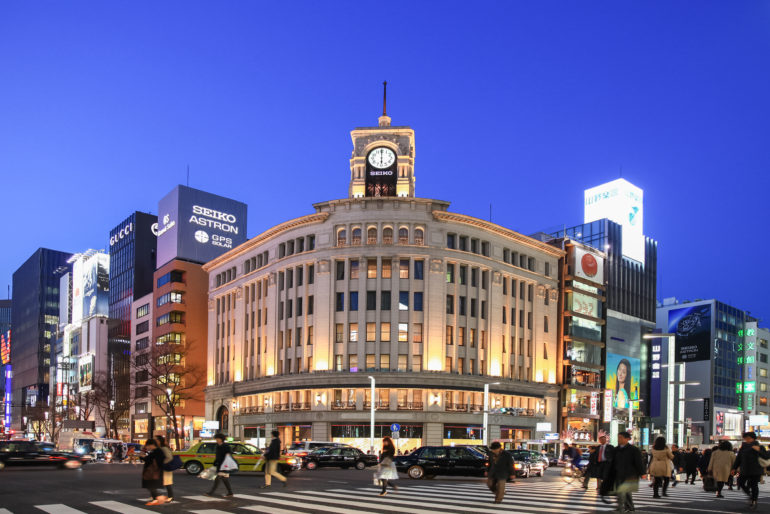Laox Co., a major Japanese duty-free retail chain, took a hit in sales in the first half of this year from slowing growth in foreign tourists to Japan and a decline in spending by Chinese travelers known to splurge on Japanese goods.
The pullback has been felt by major Japanese department stores — also a major beneficiary of strong inbound tourism. In 2015, foreign tourists numbered an all-time high of 19.74 million and spent an estimated record 3.48 trillion yen in Japan.
Visitor numbers have remained strong, hitting a record 2.30 million in July, but the pace of growth from a year earlier slowed to 19.7 percent from 23.9 percent in June.
The number of visitors from China, the largest source of tourists to Japan, climbed 26.8 percent in July, but this compares with last year’s monthly growth rates ranging from 45.4 percent to 167.1 percent.
SEE ALSO: Chinese tourists in Japan choose cosmetics over electronics
Chinese travelers spend more than tourists from any other country, attracted by the perceived higher quality and reliability of Japanese products, but their per-capita spending slipped 22.9 percent in the April-June period from a year earlier.
While tourism growth slows, Chinese consumers appear to be increasingly tapping online shopping sites for Japanese products offered through platforms run by companies like China’s biggest e-commerce company the Alibaba Group.
In a report on e-commerce markets released in June, Japan’s Economy, Trade and Industry Ministry estimated the purchases of Japanese goods by consumers in China could expand to 2.34 trillion yen in 2019, nearly three-fold growth from 2015.
Like the spending habits of Chinese tourists shopping in Japan, online cross-border purchases are impacted by currency rate fluctuations and the recent strengthening of the yen is a damper on spending.
(Source: Kyodo News)




